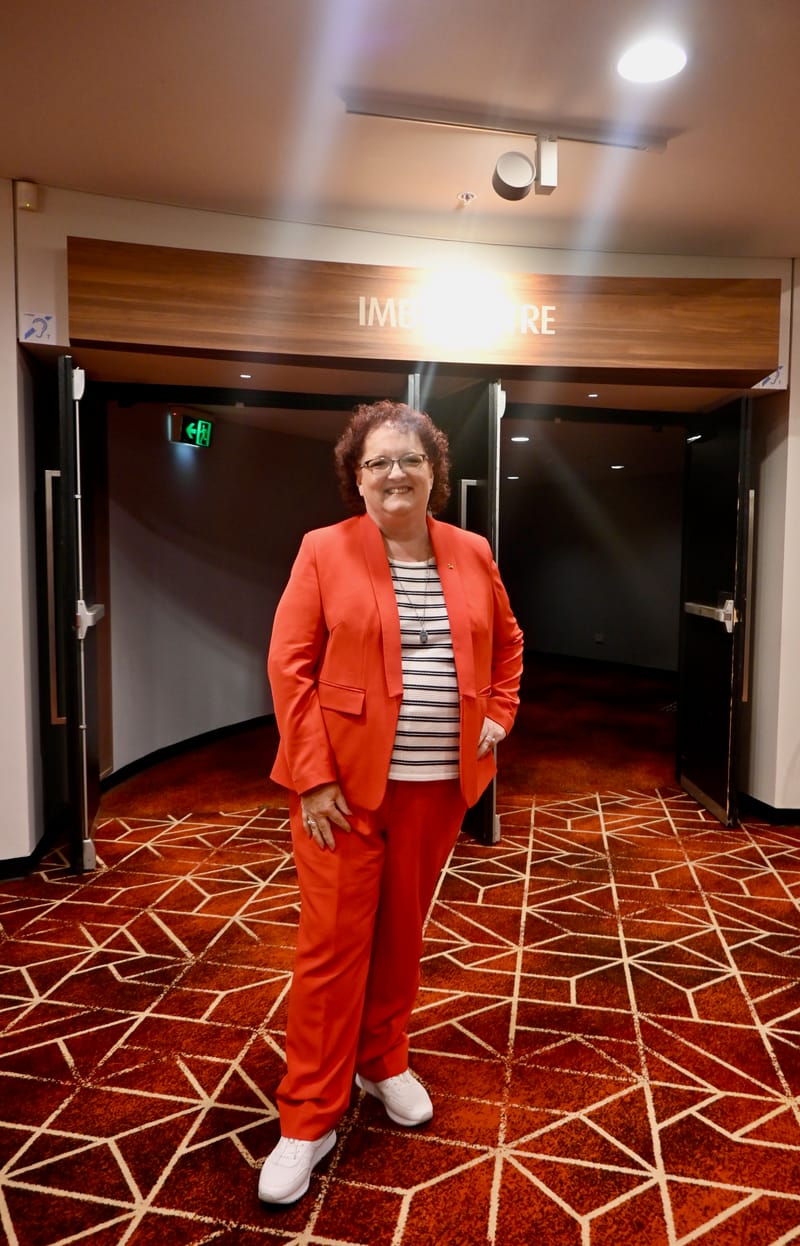COVID is coming… but we will be OK
People who test positive for COVID-19 are most likely to experience mild symptoms (80% of patients) and recover without requiring special treatment or hospitalisation, especially if fully vaccinated

By Dr Jeff Hall, of Bulli Medical Practice
People who test positive for COVID-19 are most likely to experience mild symptoms (80% of patients) and recover without requiring special treatment or hospitalisation, especially if fully vaccinated. Many younger people will have no symptoms at all.
People with mild COVID illness have symptoms like a common cold. Typical mild symptoms including a sore throat, nasal congestion, loss of sense of smell, headaches and tiredness which usually lasts a few days up to a week.
COVID-19 moderate symptoms are expected in around 15 percent of people. In addition to symptoms experienced with mild illness, moderate COVID 19 symptoms include:
- Fever above 37.5 degrees
- Mild breathlessness
- Persistent cough
- Feeling abnormally tired and weak
- Vomiting and diarrhoea.
While most of these symptoms can be managed at home, it is important for people to contact their GP to make a clear management plan. Specific instructions, as part of this plan, may include home monitoring of your:
- respiratory rate (how quickly you are breathing)
- heart rate (how quickly your heart is beating), and
- oxygen saturation (how well your lungs are getting oxygen into your blood) with a supplied monitor.
Severe COVID-19 symptoms are expected in up to five percent of people – particularly those who are unvaccinated, the elderly and people living with significant underlying medical conditions. If you or someone you care for has any of the following symptoms, call an ambulance (dial 000) immediately for management in hospital:
- Significant breathlessness – unable speak in sentences or move around without distress
- Fainting or getting drowsy or confused
- Skin turning blue or pale, clammy or mottled skin
- Coughing up blood
- Pain or pressure in the chest
- Passing no urine or a lot less urine than usual.
Managing Symptoms of Mild and Moderate COVID at home
With community transmission rates rising, and expected to peak at the end of January, it is important to make a plan now to manage a possible COVID infection for you or a family member.
Vaccination and boosters are critical to ensuring the mildest possible infection, so, if it’s four months since your last COVID 19 vaccination, get your booster shot as soon as possible.
Have a supply of medications you would use to treat a common cold in your home. These include paracetamol, ibuprofen, throat lozenges, oral rehydration sachets (in case of difficulty maintaining hydration with vomiting/diarrhoea). If you develop more severe symptoms and require prescription medications, these will be managed by your doctor (most probably in hospital).
Have a few meals available on standby for when you will be in isolation and unable to visit shops for supplies. Develop a plan for additional supplies such as home delivered groceries or asking a friend or relative to get items for you.
Make sure you minimise the chances of transmitting the infection to others. Maintain strict isolation within your household, and, as far as possible, limit contact with other household members.
If you are concerned, you can call your GP for a telehealth appointment, or visit a respiratory clinic if you need a face-to-face appointment. You can also call the NSW Health COVID-19 Care at Home Support Line on 1800 960 933 (8:30am to 8:30pm) or the National Coronavirus Helpline on 1800 020 080 (24/7).
For more information visit:
- NSW Health https://www.health.nsw.gov.au/Infectious/factsheets/Pages/advice-for-confirmed.aspx
- Health Direct https://www.healthdirect.gov.au/managing-covid-19
ABOUT THE AUTHOR

Jeff graduated from the University of Sydney in 1995 and undertook general practice training in regional NSW and the UK before settling in the Illawarra in 1999. He joined Bulli Medical Practice in 1999 and became a managing partner in 2001. He supervises medical students from the University of Wollongong and General Practice Registrars from GP Synergy. Jeff loves living in the Illawarra region with his family. He feels privileged to work as part of a professional team and strives to adapt to the changing care needs of the northern Illawarra community.
Bulli Medical Practice provides Telehealth as well as face to face appointments for all patients including those diagnosed with COVID 19. Read the practice's January 7 "COVID in the Community Update" here.





